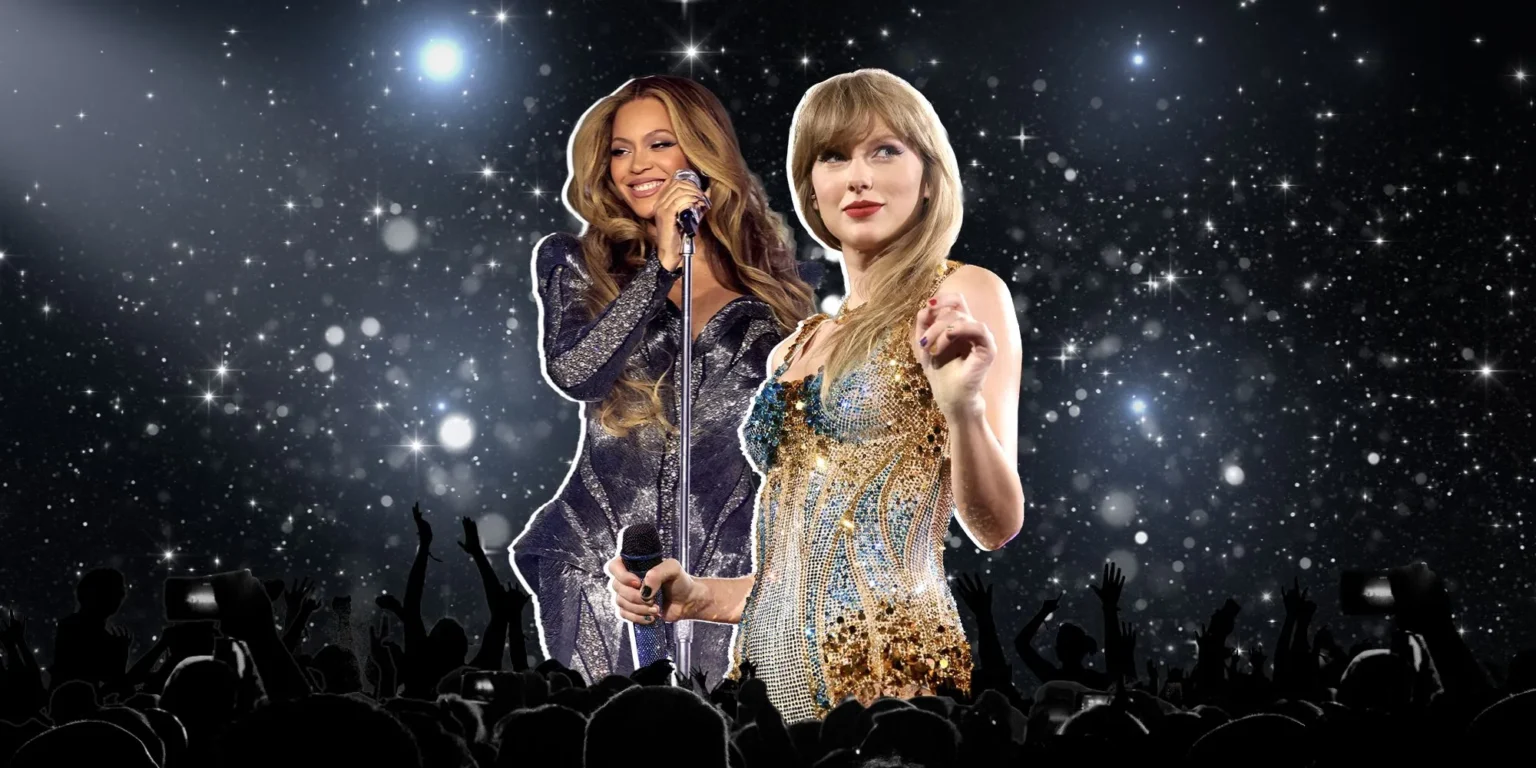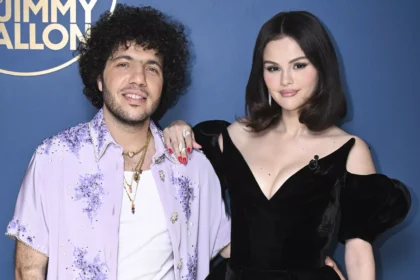Certain Swifties, Taylor Swift’s dedicated fanbase, have been accused of engaging in racist behavior towards Beyoncé, after the release of the recent Billboard ranking of the greatest pop stars of the 21st century.
Beyoncé, a cultural icon and one of the most influential artists of her generation, was notably placed at the top of the list, with Swift landing in second place. This ranking, however, triggered a wave of backlash from some Swifties who responded with hateful and racist remarks directed at the “Renaissance” star.
The controversy gained further traction when the hashtag #SwiftieRacism began trending on Twitter, as Beyoncé’s loyal fanbase, known as the Beyhive, called out these toxic behaviors. Fans shared screenshots and receipts of derogatory comments, which included racial slurs and racist stereotyping, aimed at Beyoncé following her top-ranking achievement.
Many have voiced frustration, noting that such acts of discrimination have occurred before, including during moments when other Black artists like SZA competed with Swift for accolades. The recurring theme among these attacks is the toxic blend of racism and misogyny, often surfacing when Black women outshine white artists in certain contexts.
As the hashtag gained momentum, Beyhive and other Twitter users made it clear that this issue is not isolated. Many called out the culture of racism within the Swiftie fanbase, pointing to a long-standing pattern of prejudice.
Despite this, Beyoncé herself has remained gracious and dignified, with her relationship with Swift being one of mutual respect. The backlash from Swifties, however, continues to spark widespread conversations about the need for more responsible fan behaviors and the importance of accountability in online communities.
This incident has once again highlighted the intersection of race, fandom, and social media, prompting discussions about how celebrity culture can perpetuate harmful stereotypes and what needs to change for fandoms to be more inclusive and respectful.




